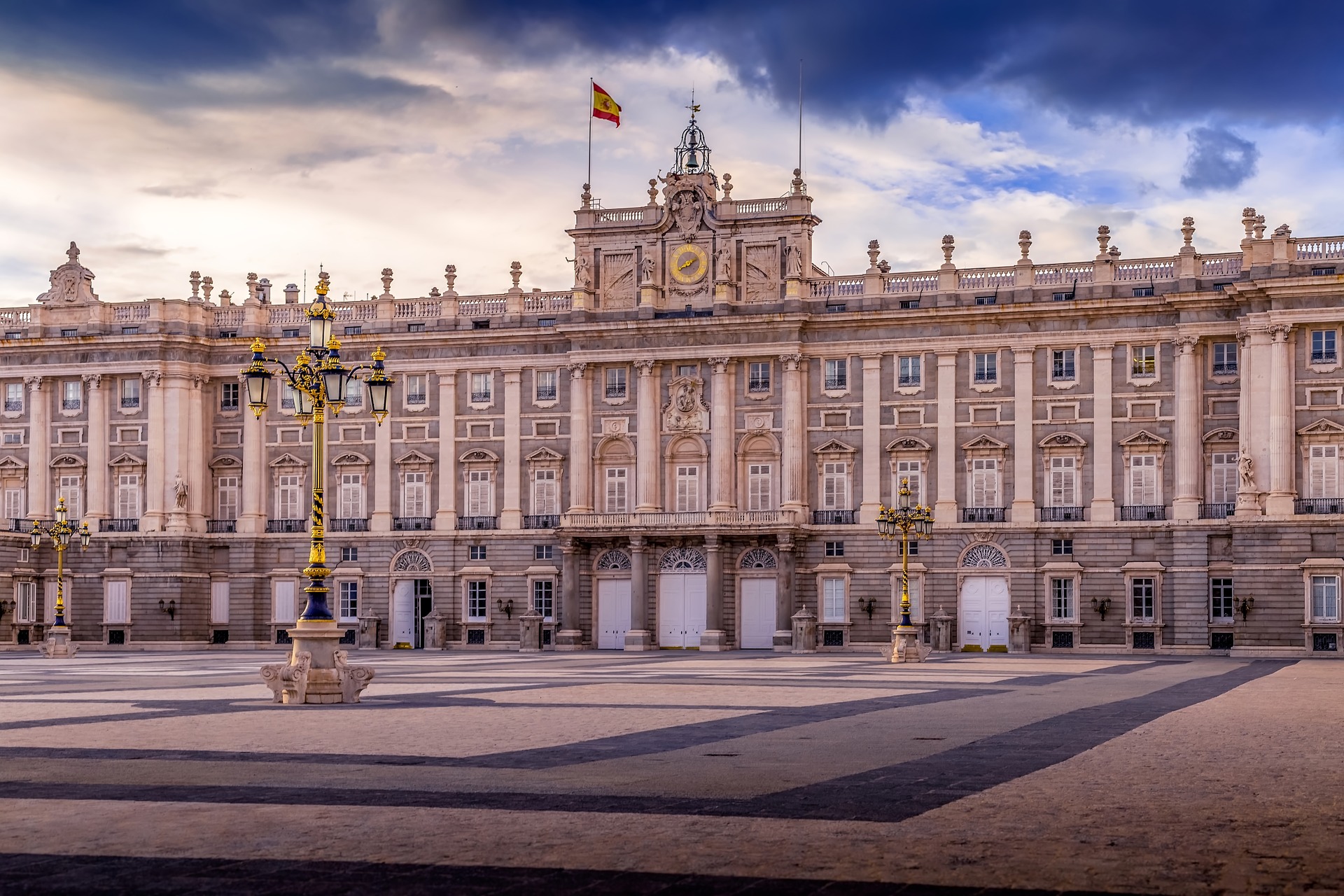
Madrid
Inheritance tax Madrid
Madrid has its own inheritance tax regulations as a result of the Spanish State ceding the tax revenue of inheritance and gift tax to Comunidades Autónomas, along with some regulatory autonomy to adapt tax to the particular circumstances of the respective Comunidad Autónoma.
This means that most Comunidades Autónomas have ruled new (and huge) benefits compared to those established by the Spanish State.
While the tax scheme and regime is the same in all parts of Spain, the Comunidades Autónomas took advantage of the given power to fix higher thresholds, or different rates or direct reductions on the amount to be paid (and sometimes all of these) to benefit close relatives of the deceased or disabled people. There are also benefits that help promote local business, farming, etc. as well as in the acquisition of the Comunidad Autónomas’ cultural assets.
However, the Comunidades Autónomas change their regulations quite frequently so it is necessary to check the regulation in force at the time the tax is due (the day of death).
Madrid is a good example of the above and the regulation has constantly increased the benefits for descendants, ascendants and spouse of the deceased, and disabled people.
There is a deduction of 99% of the tax due for ascendants, descendants or a spouse.
There are are extra advantages for acquisitions by disabled people.
For siblings, aunts, uncles, nephews and nieces (blood relatives only) there is a deductions of 25% of the tax due.
All these cases are accounted for in the calculator
Unmarried couples have the same rights as married couples provided their relationship has been registered in the official register of unmarried partners of Madrid or other official registers within Spain or foreign countries which comply with the regulations of the Law for “Uniones de Hecho” Madrid 11/2001.
In Madrid there are peculiarities related to the reduction of Value of the house which has been the habitual residence of the deceased and in The acquisition of an individual enterprise, professional business or share in a company.
The question now is who can take advantage of these benefits:
- If the deceased was a resident in Spain, the inheritance tax law of Madrid is applicable if the deceased lived there for most of the five years immediately prior to death.
If the deceased had lived longer in another Comunidad Autónoma than that in which they had their last residence, within this last five year period, that Comunidad Autónoma’s rule will be applied. - If the deceased was a non-resident in Spain, BUT the beneficiary is, the tax payer can choose to apply the rule of the Comunidad Autónoma where the most valuable assets are located and, if there are no assets in Spain, the Law of the Comunidad Autónoma where they live.
- In cases where both the beneficiary and the deceased were non-residents, the tax payer can choose the law of the Comunidad Autónoma where the most valuable assets are located.These options for non-residents, are the result of a long process that has evolved in Spanish Law since the European Court of Justice resolution of September 2014.
Any Questions?
successions@inheritancespain.com
Contact us for specific personal advice for your individual case



